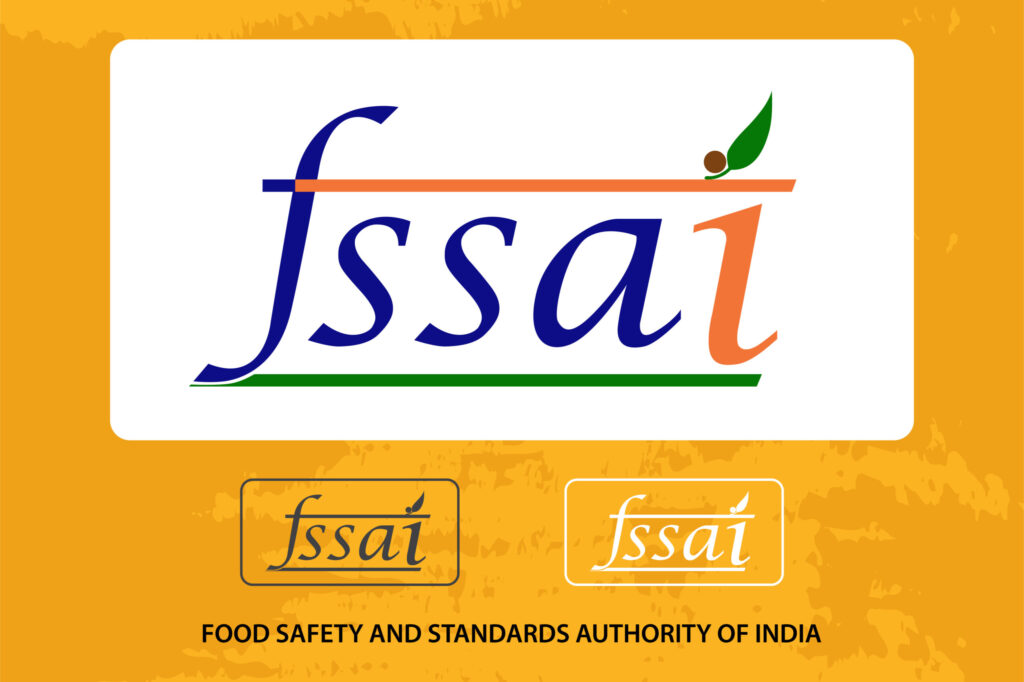Food License
All food business operators are required to obtain an FSSAI license to operate the business in India.Get your food licence online easily
- Expert Advice and FSSAI eligibility consultation
- Online Application process
- Documents Verification
- Help in Filing Application
- Easy Procurement of the License

Fill This Form and Get Free Consultation

A food license is a legal certification required for businesses involved in the production, distribution, or sale of food products. This license ensures that food safety standards and regulations are met, safeguarding public health by preventing foodborne illnesses. Obtaining a food license involves a thorough inspection of the facilities, adherence to hygiene practices, and compliance with local and national food safety laws. It not only enhances the credibility of the business but also instills consumer confidence. Additionally, a food license is often necessary for obtaining permits from health departments and can help in avoiding legal issues related to food safety violations. Overall, a food license is essential for operating a legitimate and responsible food business.
Procedure to Get Food License

Consult Our Expert
Process start with a consultation on the type of license neededwith our experts. Our experts are at your call to help with any query. .

Follow up and Waiting for Approval
After the application submission, we resolve any questions that the authorities may ask. We facilitate resolve any questions and the follow-up required by the food department.

License Issued
After approval, a digital and paper copy of the license is sent to you on the given address. The entire process of the license procurement takes a maximum of 30 days.
Documents required for Food License
- Form B duly completed and signed.
- Plan of the processing unit.v
- Address, contact details, and photo ID of Directors/ Partners/ Proprietor
- Equipment and machinery list to be used.
- List of food category to be manufactured.
- Authority letter from a manufacturer
- Water Analysis Report to be used in the process
- Raw material e.g. milk, meat source.
- Recall plan where needed
- Ministry of Commerce Certificate for 100% EOU
- NOC/PA document issued by FSSAI
- IE code document issued by DGFT
- Form IX
- Certificate from Ministry of Tourism
- Proof of possession of premises
- Partnership deed/ affidavit of proprietorship
- NOC License from the manufacturer
- NOC from the municipality or local body
- Food safety management system plan or certificate
- Turnover and transportation proof document
- Declaration form
Benefits of Food License
Obtaining a food license offers several important benefits:
Legal Compliance: A food license ensures that the business adheres to local and national food safety regulations, reducing the risk of legal issues.
Consumer Trust: Having a valid food license builds credibility and instills confidence among customers, assuring them of the safety and quality of the food being served.
Market Access: Many suppliers and distributors require a food license before partnering with businesses, facilitating smoother operations in the supply chain.
Brand Reputation: A food license enhances the business’s reputation as a responsible entity committed to maintaining food safety standards.
Insurance Benefits: Some insurance companies may offer better coverage options or lower premiums for licensed food businesses, recognizing their commitment to compliance.
Avoiding Penalties: Operating without a food license can lead to fines and penalties, so obtaining one helps avoid unnecessary costs.
Quality Control: The process of obtaining a food license often involves inspections and guidelines that help businesses maintain high food quality and hygiene standards.
Expanded Opportunities: A food license can open doors to catering contracts, government contracts, and participation in food festivals or markets.
Overall, a food license is essential for ensuring compliance, fostering consumer trust, and enhancing the overall success of a food business.
